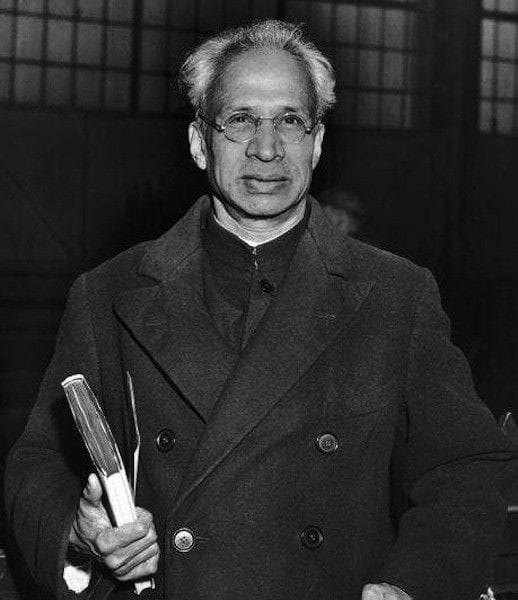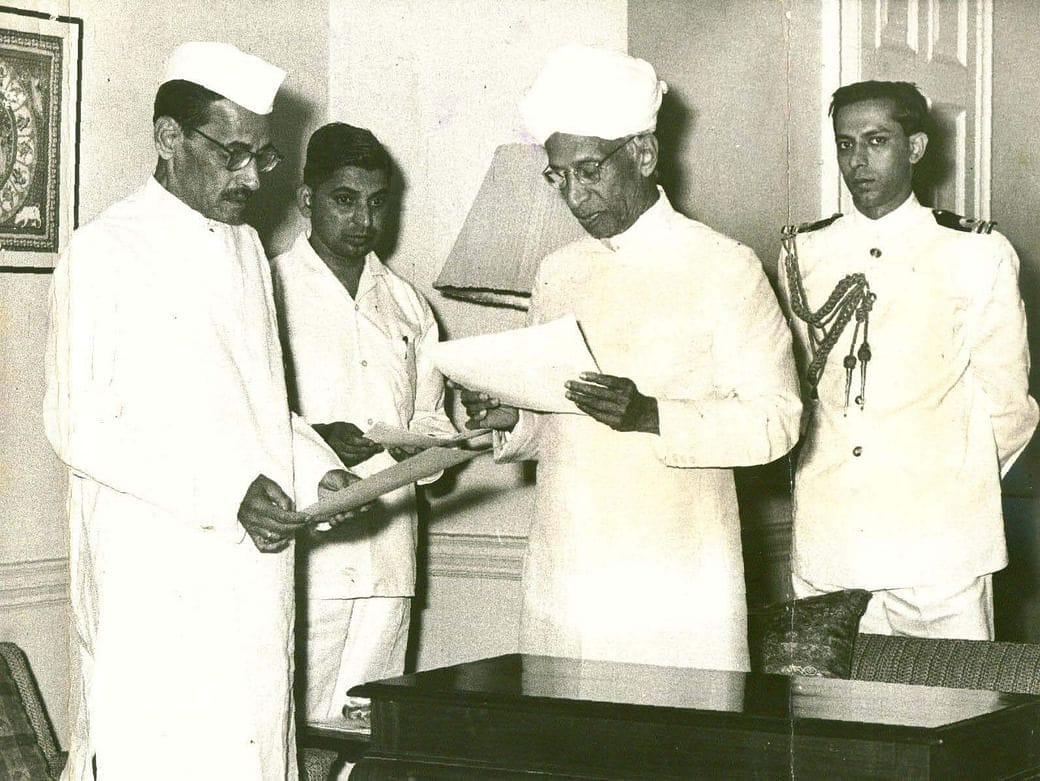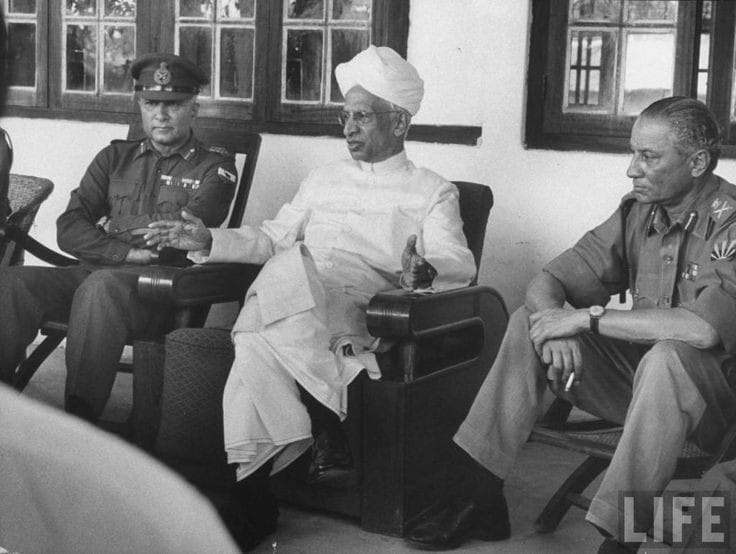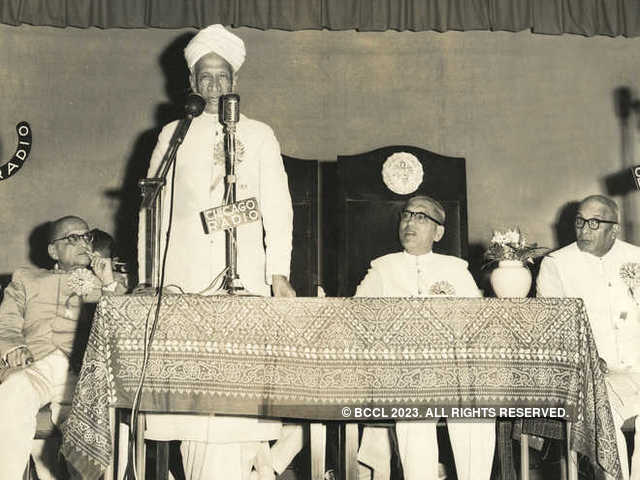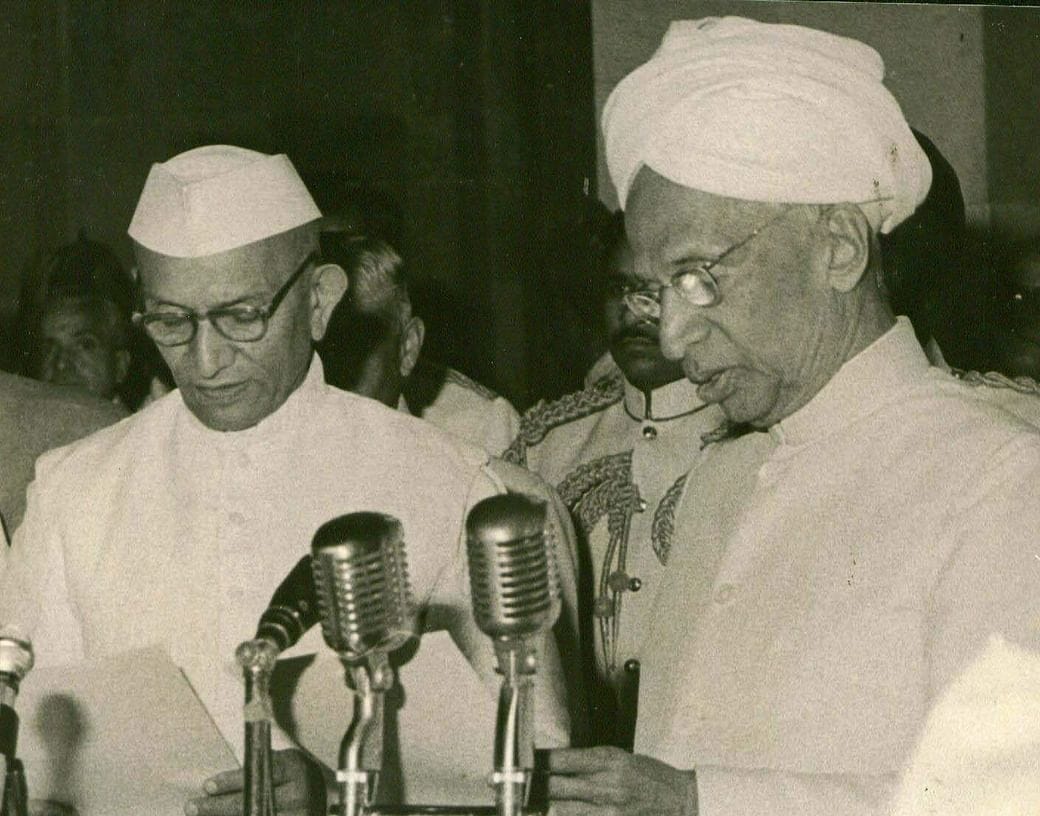– An article by Poojan Patel
There are scholars, and then there are luminaries. Dr. Sarvepalli Radhakrishnan, a name that echoes through intellectual history, falls into the latter type. We discover not just a narrative but a crucial chapter in the history of pedagogy as we dive into his life and the enormous influence he had on the world of education. Join us as we investigate the remarkable link between Dr. Radhakrishnan’s erudition and the celebration of Teachers’ Day in India.
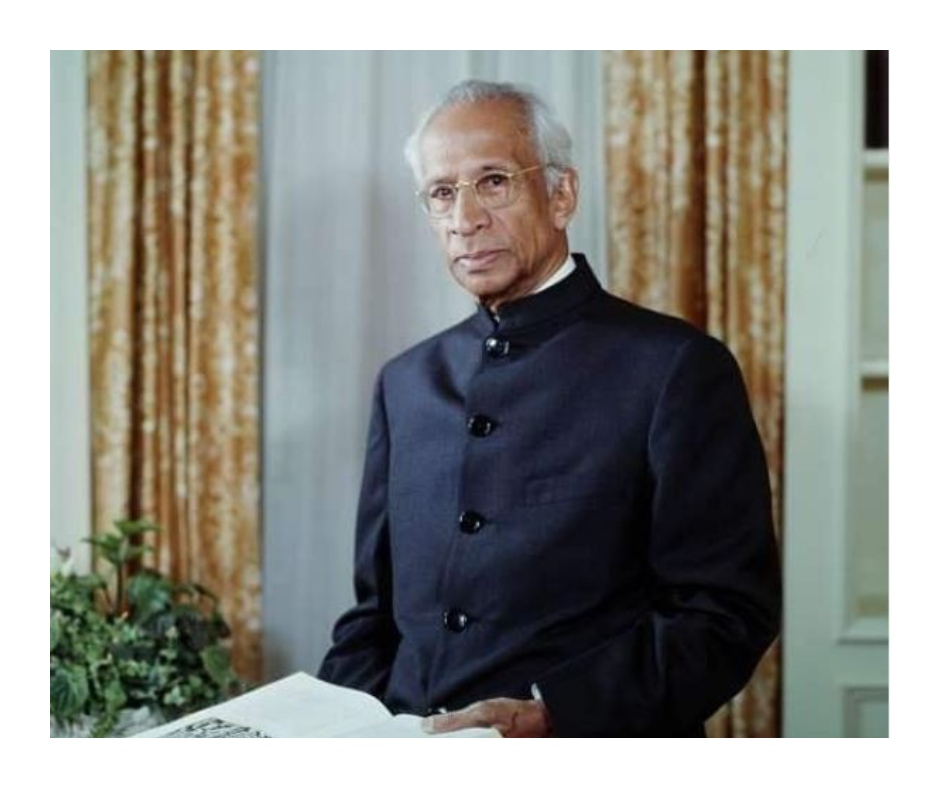
Dr. Radhakrishnan’s brilliance and scholarly contributions can be evidenced by his remarkable tally of 16 Nobel Prize nominations in Literature and an additional 11 nominations in the Peace category.
Born on September 5, 1888, in the humble town of Thiruthani, Tamil Nadu, Dr. Sarvepalli Radhakrishnan’s journey was one that would leave an indelible mark on the world of academia. His academic career reached its zenith when he assumed the prestigious role of Professor of Philosophy in the esteemed King George V Chair of Mental and Moral Science at the University of Calcutta, a position he held from 1921 to 1932. His influence extended far beyond the borders of India, as he became a prominent representative of the university on the global stage, participating in events such as the Congress of the Universities of the British Empire in 1926 and the International Congress of Philosophy at Harvard University in the USA during the same year. Intrigued by Dr. Radhakrishnan’s captivating lectures in London and deeply impressed by his persona, H.N. Spalding took the initiative to establish the Spalding Professorship of Eastern Religions and Ethics at the University of Oxford in 1936, specifically for him.
The latter part of the 19th century witnessed a significant transformative phase in India’s history, signifying a profound shift in the social, cultural, religious, educational, political, and economic life of the nation. This transformative era, which left an indelible mark on the lives of the Indian populace, was fundamentally shaped by the introduction of modern education by the British colonial rulers. It is within this historical backdrop that Sarvepalli Radhakrishnan was born on September 5, 1888, in Tiruttani, Tamil Nadu.
Dr. Sarvepalli Radhakrishnan dedicated his entire life to the cause of education and the welfare of the nation’s youth. His vision extended beyond personal recognition, as he once expressed, “Instead of celebrating my birthday, it would be my proud privilege if September 5 is observed as Teachers’ Day.” This profound statement laid the foundation for the tradition of celebrating Teachers’ Day, which commenced in 1962. This annual celebration serves as a tribute not only to Dr. Radhakrishnan but also to the countless teachers across the country who shape the future of the nation through their dedicated efforts in nurturing the minds of the next generation.
Significance Of Education:
According to Radhakrishnan, education, to be truly comprehensive, must possess a distinctly human quality. It should encompass not only the cultivation of intellect but also the refinement of the heart and the nurturing of one’s spirit. He emphasized that any educational system that neglects these essential aspects of character development cannot be deemed complete. For Dr. Radhakrishnan, education held profound importance, as he believed that genuine education could serve as a potent solution to many of a country’s challenges. It transcended mere information, evolving into knowledge that ultimately culminated in wisdom.
Approaches to Teaching:
Radhakrishnan’s perspectives on teaching methods encompassed general principles, pedagogy, and classroom management strategies. He advocated for a range of methods, including experiential learning (learning by doing), discussions, meditation, the use of textbooks in conjunction with seminars, and teaching through discussions. Furthermore, he encouraged educators to harness the power of mass media as a valuable teaching tool.
Language and Medium of Instruction:
The issue of the national language as the medium of instruction had long been a subject of debate among educationists. Radhakrishnan proposed a “three-language formula,” comprising the local language, a national language, and an international language, as a potential resolution to this contentious matter.
Insights on Syllabus:
In his recommendations for Indian schools and colleges, Radhakrishnan’s proposed curriculum did not deviate significantly from the existing one. He stressed the concept of life-centered education. His suggested subjects included history, geography, language and literature, grammar, science, mathematics, philosophy, and religion. Additionally, he underscored the importance of physical development, endorsing activities such as yoga, sports, gymnastics, and co-curricular pursuits. Radhakrishnan also sought to dispel misconceptions, notably challenging the belief that science was alien to the East.
The Role of Teachers:
In Radhakrishnan’s educational vision, the role of teachers held paramount significance. He unequivocally stated that the quality of education imparted to youth hinged primarily on the caliber of individuals chosen as educators. Teachers, in his view, were revered figures in society, and he asserted that they were pivotal in molding the minds and character of young learners. Teachers were not only respected but also revered in various cultures, reflecting the profound role they played in nurturing the intellectual and moral development of the youth.
Characteristics of Modern Indian Philosophy:
Modern Indian philosophy distinguishes itself through its adaptability to evolving perspectives, incorporating scientific advances, emphasizing humanism, recognizing the importance of human freedom, valuing intuitive knowledge, and viewing philosophy as integral to life. It contrasts with traditional Indian thought by actively embracing changing societal needs, the impact of physical sciences, and developments in modern psychology. Philosophers of this era emphasize the intrinsic dignity of humanity, the significance of individual freedom, and the practical application of philosophical principles in daily existence. Moreover, modern Indian philosophy acknowledges its place in a globalized world, fostering intellectual exchange and dialogue beyond India’s borders, reflecting a more open and inclusive approach to philosophical inquiry.
Reviving Dr. Sarvepalli Radhakrishnan’s Educational Ideals in Contemporary India:
Dr. Sarvepalli Radhakrishnan’s educational thoughts remain profoundly relevant in contemporary India. The current state of the country’s educational system often exhibits several shortcomings, with only a few notable exceptions. One of the most pressing issues is the crisis in character and the erosion of moral values within the educational framework. Radhakrishnan’s educational philosophy offers a pertinent solution to address these challenges. He staunchly advocated for free and compulsory education for all children, regardless of their caste, creed, gender, or socio-economic background—a principle that has been widely accepted by various committees and commissions in India.
Dr. Radhakrishnan’s educational thought aligns perfectly with the modern educational goals of fostering all-round development in students while promoting human welfare and happiness. His philosophy strikes a balance between idealism and realistic humanism. He understood that the right kind of education could serve as a powerful tool to solve many of society’s problems. Furthermore, he emphasized the pivotal role of integrated and morally upright leaders in ensuring the success of democracy, even aspiring for a global democracy. In essence, Dr. Radhakrishnan’s educational vision continues to resonate as a guiding beacon, emphasizing the transformative power of education in shaping not only individuals but also the future of a nation and the world.

